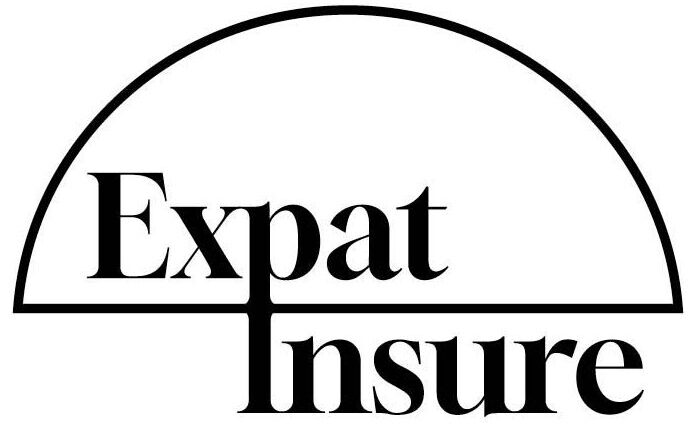Singapore Country Facts for Expats

Singapore stands as a vibrant city-state and island country in Southeast Asia. The nation has earned global recognition for its multicultural tapestry and advanced economy.
The country sits strategically at the southern tip of the Malay Peninsula. This location makes Singapore a global hub for finance, trade, and transportation. One of the world’s busiest ports operates here.
After the Second World War, Singapore gained independence from Japan, the UK, and Malaysia. The nation underwent a remarkable transformation from colonial outpost to flourishing independent state. Experts recognize Singapore as one of the “Four Asian Tigers” due to its rapid economic growth.
Nearly 6 million people call Singapore home. The diverse population includes Chinese, Malay, Indian, and expatriate communities. These groups contribute to a rich cultural landscape. The nation celebrates wide-ranging linguistic, culinary, and religious traditions.
Singapore offers a high standard of living. The country maintains an efficient public transportation system. Strict laws help maintain order and cleanliness. The education and healthcare systems rank among the world’s best. These factors make Singapore attractive to expatriates who seek modernity and tradition in a dynamic, safe environment.
Geography of Singapore
Singapore sits at the southern tip of the Malay Peninsula. The country lies about 137 kilometers north of the equator. One main island and 63 smaller islands make up Singapore. The total land area covers about 728.6 square kilometers. This makes Singapore one of the world’s smallest countries. However, it also ranks as one of the most densely populated. The country manages its limited space efficiently. Singapore balances urbanization with green spaces. Land reclamation projects have expanded the usable land area.
How is Singapore Governed?
Singapore operates as a parliamentary republic. The nation uses a Westminster system of unicameral parliamentary government. The political system earns recognition for stability and efficiency. However, critics argue it restricts civil liberties. The People’s Action Party (PAP) has dominated politics since independence. Lee Kuan Yew served as the country’s first Prime Minister. The legal system builds on English common law. Singapore enforces strict laws and penalties.
What are the Demographics of Singapore?
About 5.7 million people live in Singapore. Ethnic Chinese form the majority. Malays, Indians, and other minority groups complete the population. Singapore maintains a multicultural society. Various cultures and religions coexist harmoniously. The country recognizes four official languages: English, Malay, Mandarin, and Tamil. English serves as the common language. Singapore maintains a high standard of living. The nation provides advanced education and healthcare systems.
History of Singapore
Singapore’s history stretches back to the 3rd century. The island served as a trading post for the Sumatran Srivijaya empire. People called it Temasek then. Modern Singapore began in 1819. Sir Stamford Raffles established it as a British trading post. The territory later joined the Straits Settlements, a British crown colony. During World War II, Japan captured Singapore in 1942. The occupation lasted until 1945. Britain then regained control. Singapore achieved self-governance in 1959. The territory joined the Federation of Malaysia in 1963. Political and ethnic tensions led to expulsion two years later. On August 9, 1965, Singapore became an independent republic.
What is the Economy of Singapore Like?
Singapore operates a highly developed and successful economy. The GDP per capita ranks among the world’s highest. The nation serves as a major global hub for finance, business, trade, and transport. The port handles some of the world’s busiest traffic. Singapore also operates as a significant center for oil refining and distribution. The economy shows strong diversification. Major sectors include electronics, chemicals, financial services, and tourism. The government plays a significant economic role. It owns stakes in several key sectors and companies.
What is Singaporean Culture Like?
Singapore’s culture creates a melting pot of influences. This reflects the diverse population. The cuisine includes Chinese, Malay, Indian, and international dishes. The country hosts a vibrant arts scene. Numerous museums, theaters, and music venues operate here. Singapore celebrates various cultural and religious festivals throughout the year. These events honor the traditions of different ethnic communities.
What are the Challenges for Singapore?
Singapore faces several challenges despite its many successes. Limited land and natural resources create ongoing concerns. The country relies heavily on imports for water, food, and energy. The aging population and low birth rates pose significant social and economic challenges. Environmental sustainability presents another critical issue. Dense urbanization and industrial activity contribute to this concern. The government addresses these challenges proactively. Various policies and initiatives tackle these issues. The nation invests in renewable energy. Programs promote water conservation. Policies encourage higher birth rates.
Request a quote for international health insurance today! Comprehensive coverage for peace of mind in Singapore

